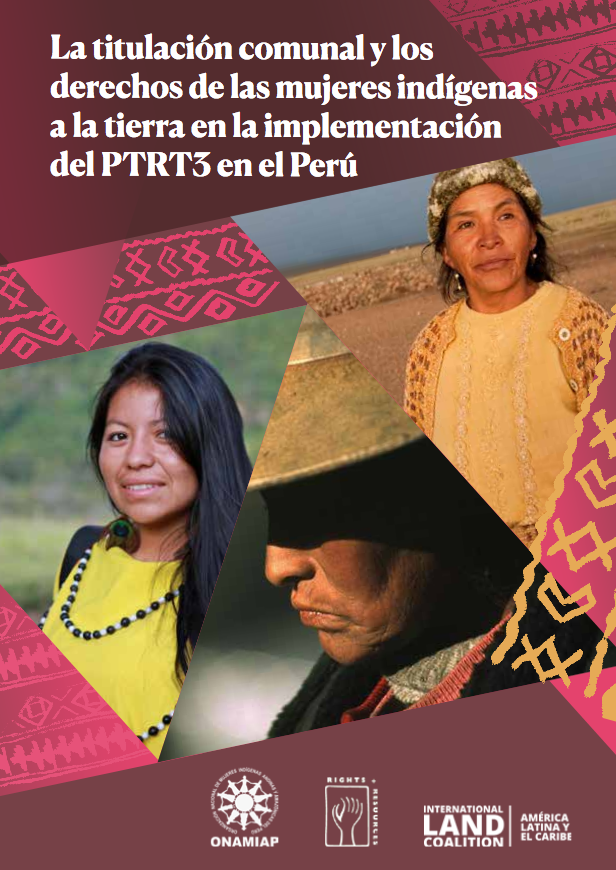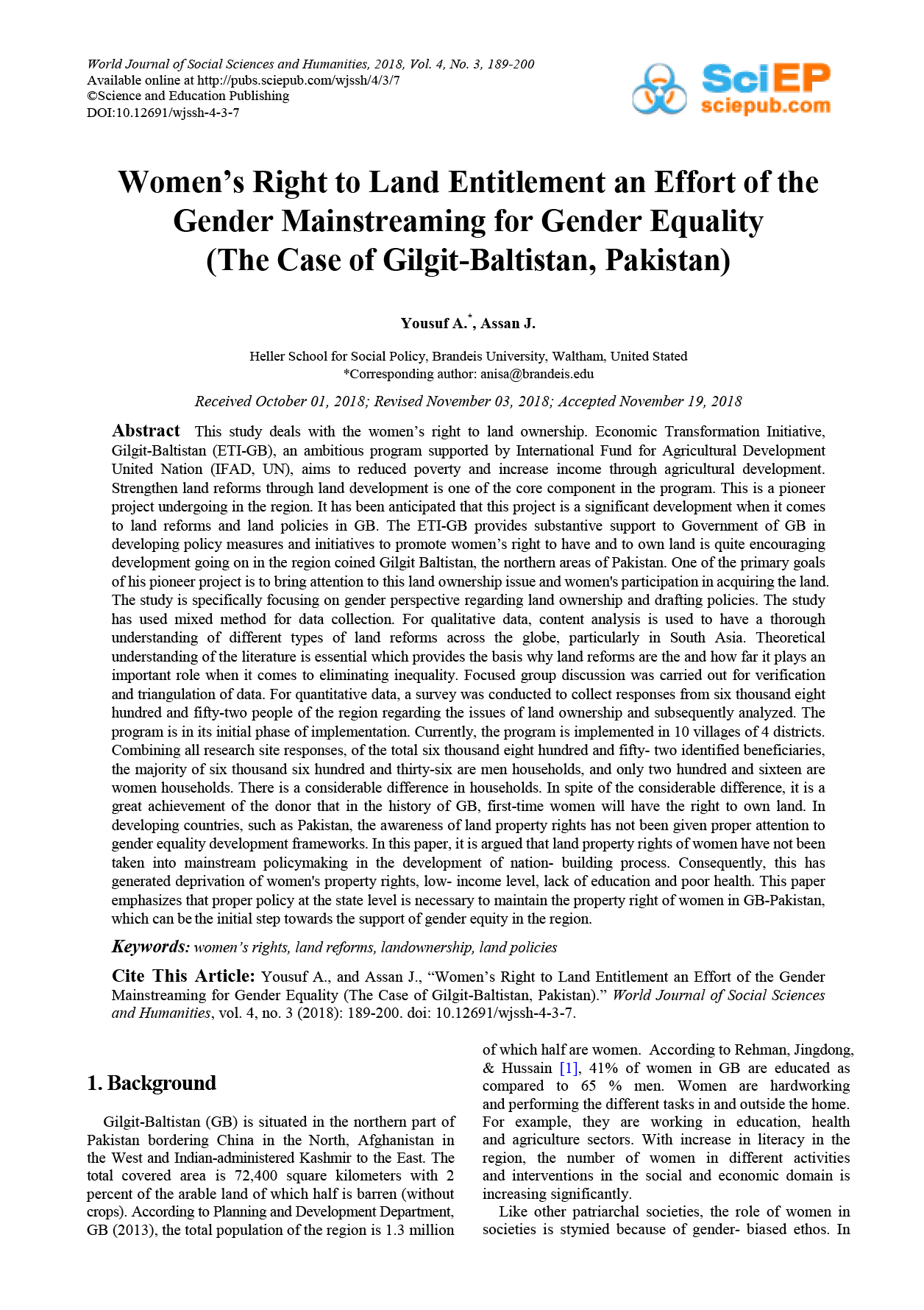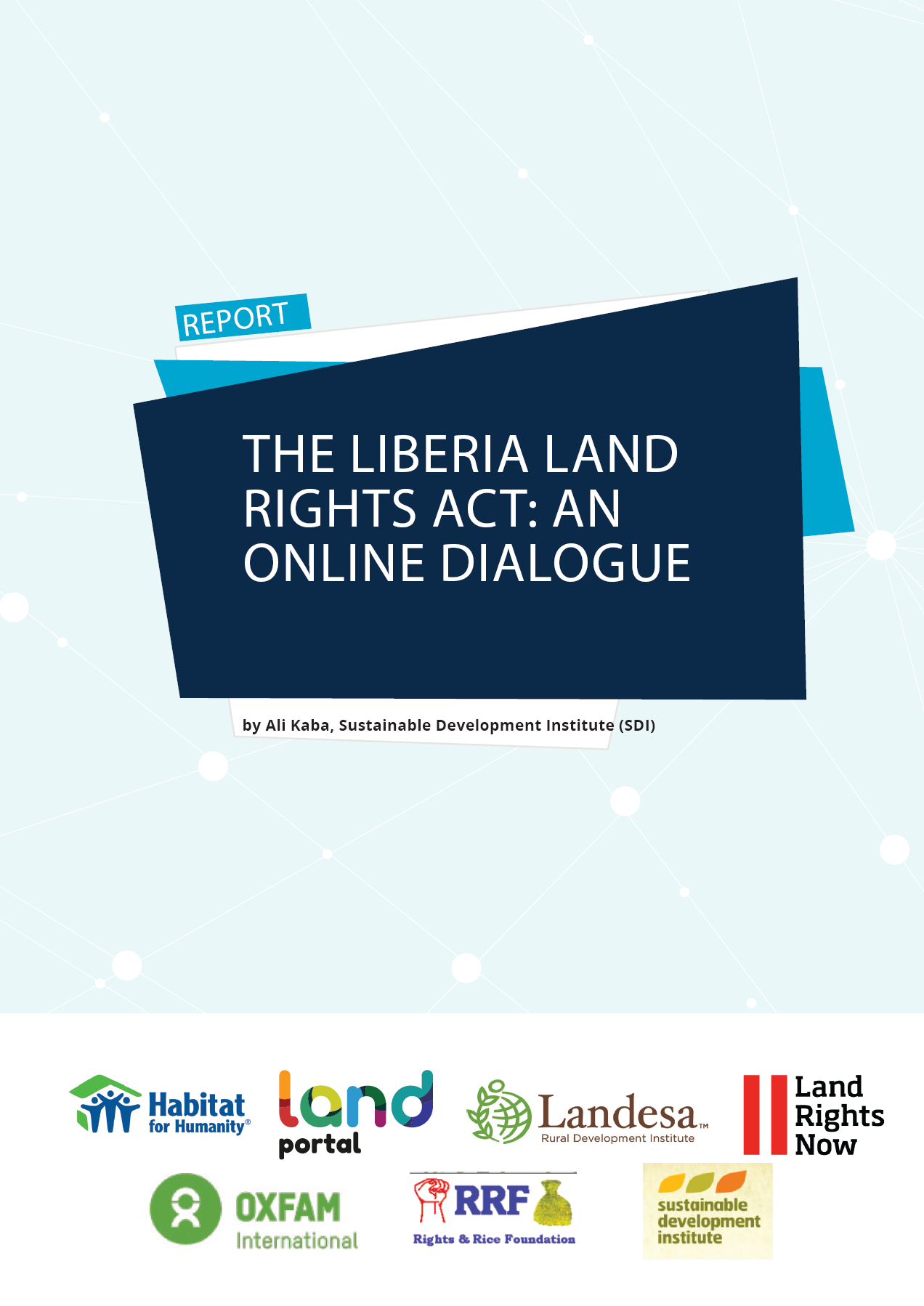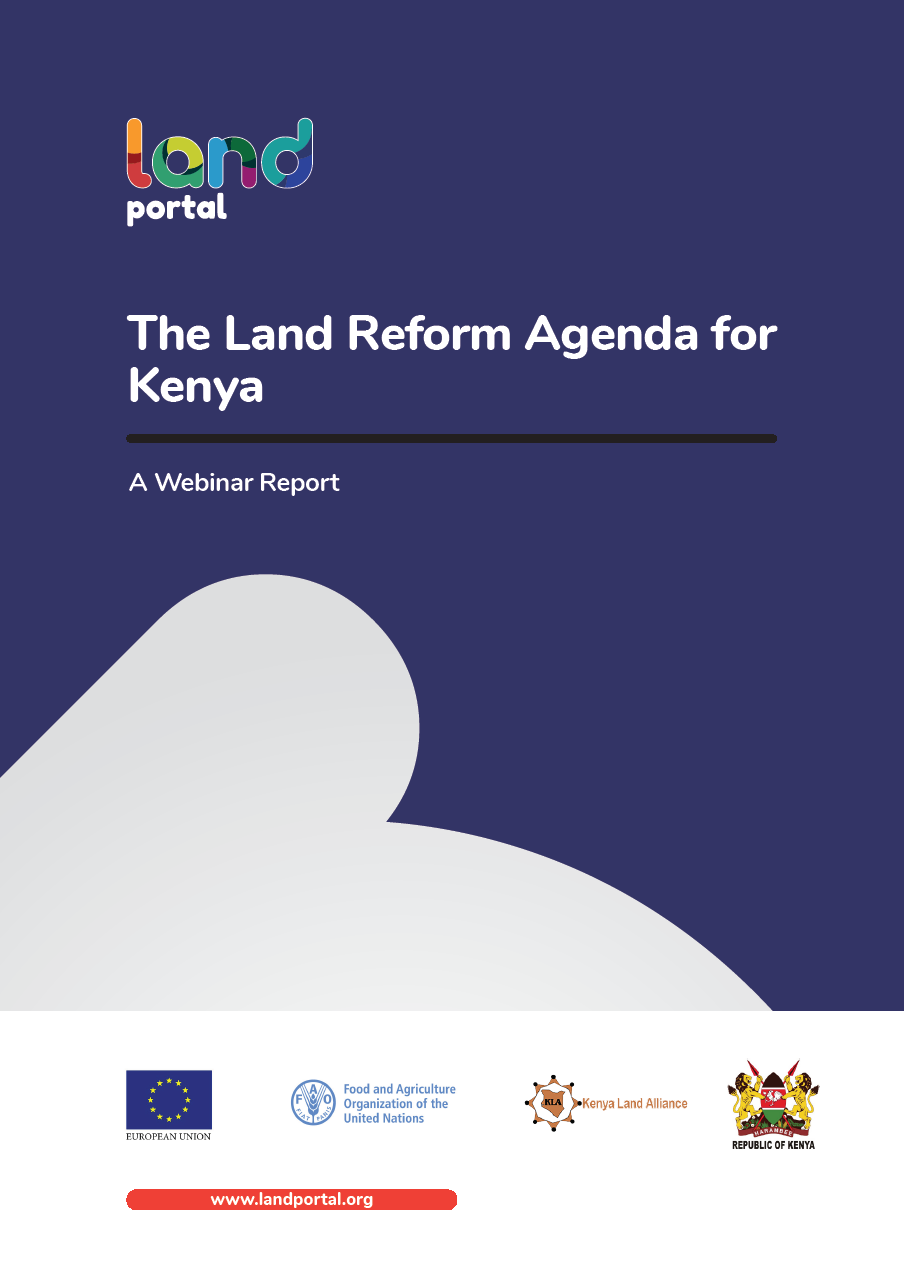Making Climate Action Count: Mainstreaming Gender in Climate Action to Accelerate Climate Compatible Development
The first universal, legally binding global climate accord signed at the 21st session of the Conference of Parties (COP) in Paris in 2015 committed to long-term goals for “holding the increase in the global average temperature to well below 2°C above pre-industrial levels and to pursue efforts to limit the temperature increase to 1.5°C above pre- industrial levels.” However, as world leaders pr








